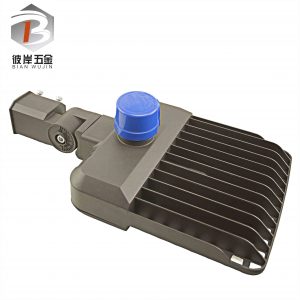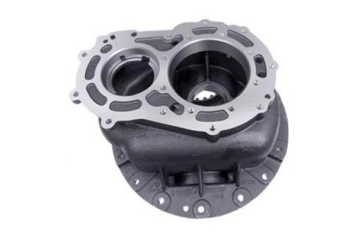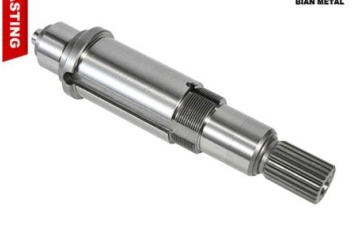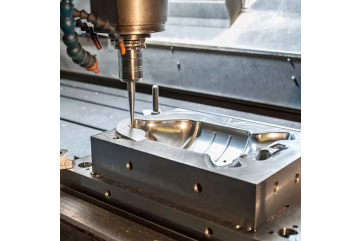What is most widely used for die casting?
The most widely used material for die casting is aluminum, particularly aluminum alloys. Aluminum offers several advantages for die casting, including:
Lightweight: Aluminum is a lightweight material, making it ideal for applications where weight is a concern, such as in the automotive and aerospace industries.
Good Thermal Conductivity: Aluminum has excellent thermal conductivity, which helps in the rapid cooling of the casting and reducing cycle times.
High Strength-to-Weight Ratio: Aluminum alloys can be engineered to provide high strength while remaining relatively lightweight.
Corrosion Resistance: Aluminum naturally forms a protective oxide layer that makes it resistant to corrosion, which is important for outdoor and marine applications.
Machinability: Aluminum is relatively easy to machine and finish.
Recyclability: Aluminum is highly recyclable, which is environmentally beneficial and cost-effective.

Other materials, such as zinc and magnesium, are also used for die casting in specific applications. For example, zinc die casting is often used for smaller components and parts, while magnesium offers the advantage of being even lighter than aluminum, making it suitable for certain aerospace and automotive applications. However, aluminum remains the most common choice for die casting due to its overall versatility and favorable properties.




